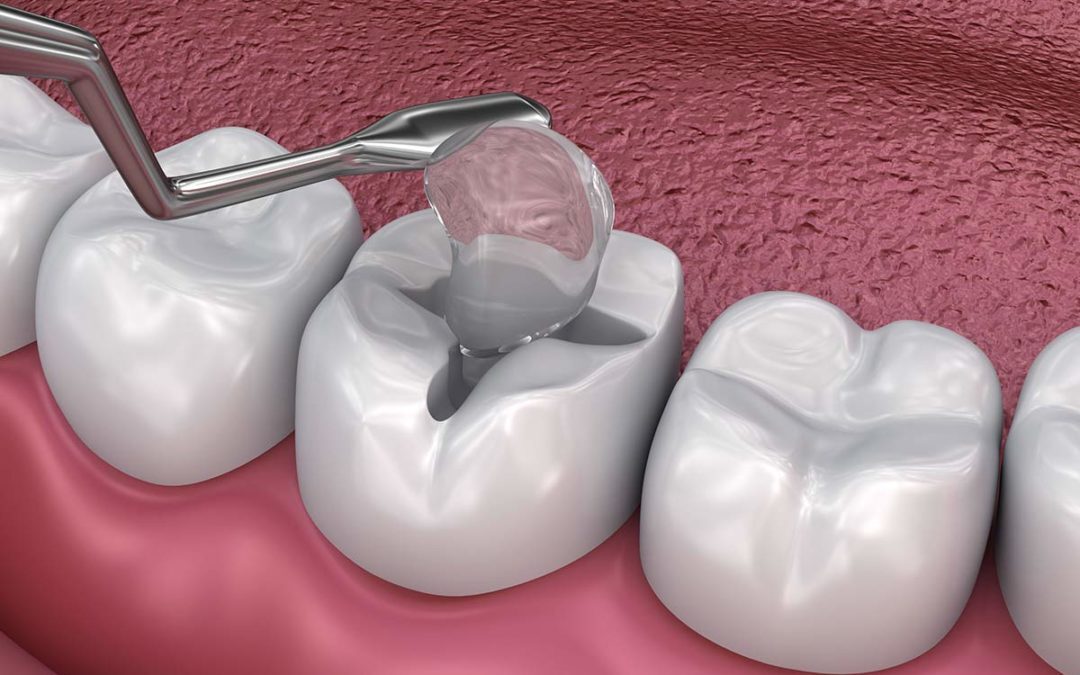Dental Cavity: Prevent Fillings With Early Treatment

The advent of dental cavities is a common phenomenon that affects millions of individuals worldwide, transcending age boundaries and socioeconomic statuses. Despite the widespread prevalence of this oral health issue, there exists a profound lack of understanding regarding the preventative measures that can be undertaken to avoid the onset of dental cavities. The primary cause of dental cavities is the demineralization of tooth enamel, which occurs when the tooth is exposed to acids produced by bacteria in the mouth. This process can be exacerbated by a multitude of factors, including poor oral hygiene, a diet rich in sugars and acids, and a lack of regular dental check-ups.
One of the most effective strategies for preventing dental cavities is through the adoption of a rigorous oral hygiene routine. This should include brushing teeth at least twice a day with a fluoride-rich toothpaste, flossing once a day to remove food particles and plaque from between the teeth, and rinsing with a mouthwash to kill bacteria and freshen breath. Furthermore, regular dental check-ups are paramount in identifying early signs of tooth decay, allowing for timely intervention and treatment. During these check-ups, dentists can apply fluoride varnishes or sealants to the teeth, which serve as a protective barrier against acid attacks and help to prevent the formation of cavities.
In addition to these preventative measures, dietary modifications can also play a crucial role in reducing the risk of dental cavities. Consuming a balanced diet that is low in sugars and acids can help to minimize the production of acid by bacteria in the mouth. Moreover, incorporating foods that are rich in calcium and vitamin D, such as dairy products and leafy greens, can help to strengthen tooth enamel and make it more resistant to decay. It is also advisable to avoid frequent snacking and to choose water or sugar-free drinks instead of sugary beverages, as these can contribute to an increased risk of tooth decay.
For individuals who are at a high risk of developing dental cavities, such as those with a history of frequent cavities or with poor oral hygiene, more intensive preventative measures may be necessary. This can include the use of a fluoride mouthwash or the application of a desensitizing toothpaste to help strengthen tooth enamel and reduce sensitivity. In some cases, dentists may also recommend the use of dental sealants, which are thin, plastic coatings that are applied to the surface of the teeth to prevent bacteria and food particles from becoming trapped and causing decay.
It is essential to recognize that the prevention of dental cavities is a proactive process that requires consistent effort and dedication. By adopting a rigorous oral hygiene routine, making informed dietary choices, and attending regular dental check-ups, individuals can significantly reduce their risk of developing dental cavities and avoid the need for fillings or other invasive treatments.
In the event that a dental cavity does develop, it is crucial to seek prompt treatment to prevent the progression of the decay and the potential for more severe complications, such as abscesses or tooth loss. Early treatment options can include the application of fluoride varnishes or sealants, as well as the use of tooth-colored fillings or crowns to restore the affected tooth. In more advanced cases, root canal therapy or extraction may be necessary to remove the infected tooth and prevent the spread of infection to surrounding tissues.
What are the primary causes of dental cavities?
+The primary causes of dental cavities include poor oral hygiene, a diet rich in sugars and acids, and a lack of regular dental check-ups. Bacteria in the mouth produce acids that can demineralize tooth enamel, leading to the formation of cavities.
How can I prevent dental cavities?
+To prevent dental cavities, it is essential to adopt a rigorous oral hygiene routine, including brushing teeth at least twice a day with a fluoride-rich toothpaste, flossing once a day, and rinsing with a mouthwash. Regular dental check-ups and a balanced diet low in sugars and acids can also help to reduce the risk of dental cavities.
What are the benefits of early treatment for dental cavities?
+Early treatment for dental cavities can help to prevent the progression of the decay and the potential for more severe complications, such as abscesses or tooth loss. Prompt treatment can also reduce the need for invasive procedures, such as root canal therapy or extraction, and can help to maintain the health and integrity of the affected tooth.
In conclusion, the prevention of dental cavities requires a multifaceted approach that incorporates rigorous oral hygiene, informed dietary choices, and regular dental check-ups. By understanding the causes of dental cavities and taking proactive steps to prevent them, individuals can reduce their risk of developing this common oral health issue and avoid the need for fillings or other invasive treatments.早期治疗可以帮助预防牙齿腐烂的进展和更严重的并发症的发生,如脓肿或牙齿丧失。及时治疗也可以减少需要进行侵入性程序的必要性,如根管治疗或拔牙,并有助于维护受影响牙齿的健康和完整性。

